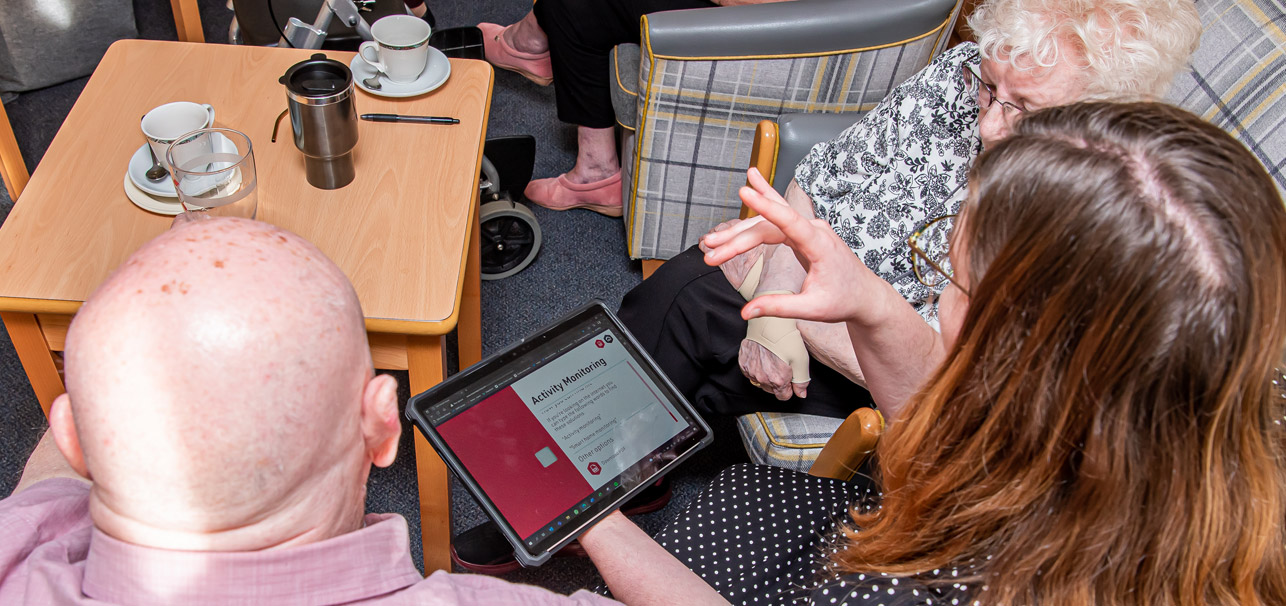Frequently asked questions

What do I do if the members of a co-production group wish to do something that I feel is unsafe or against regulations?
It is extremely unusual that a situation arises as described in the question. As a professional you are accountable for decisions in a formal way, this may be through a professional code of practice or via your status as an employee. Later life housing tenants as members of the public are not accountable in the same way. Therefore, ultimately staff must be comfortable with decisions made by co-production groups. So, in the unlikely situation that tenants are suggesting something that is unsafe, you have a responsibility as a professional to explain why you are not able to do whatever is being suggested.
What do I do if the members of a co-production group want to do something that is too expensive, dramatic or is totally unrealistic.
It is important to clearly set expectations at the beginning of a project. What can be changed and what cannot. Tenants who may be on low incomes are usually very sensible around budgets and public money.
The same small group of people turn up to all the co-production meetings. How do I get beyond the usual suspects?
Often a group of community leaders emerge and attend a lot of meetings. Sometimes these people are called the usual suspects and are seen as not being representative. One thing to say here is this can be a way of undermining the legitimacy of community leaders. People who give a lot of their time to co-production should be respected as leaders of their communities. These people often have excellent community knowledge. However, it is important to get a balance of participants. Often ‘the usual suspects’ are very well linked into the community and can be helpful in reaching out to new participants. For longer term groups its good to have something in the terms of reference about refreshing the group membership every few years. This helps involve a wider more diverse range of people.
How do I get people who are hard to reach / seldom heard involved?
Firstly, rather than thinking that people are hard to reach it is more helpful to think of them as seldom heard. This puts the onus on staff to think about how people can be accessed and included. Maybe meetings should be held in the evenings or weekends. Maybe the meetings feel intimidating and exclusive to people not used to co-production. Perhaps meetings are not the right way to involve people. It might be better to organise coffee mornings and use these to chat to people informally.
I am really busy, I’d love to work in this way, but I am just too busy.
It’s true that working in co-production especially at first can take extra time. Good planning, preparation, and showing sensitivity to the needs of participants can make the co-production more effective and less time consuming. In the longer-term co-production will save you time, as residents will give their own time to help, and you will avoid developing services that are not relevant to people’s needs.
I work in a highly regulated area so there’s not that much co-production can change.
Even in highly regulated aspects of activity there still may be opportunities for co-production. For example, whilst the regulations may be fixed, the messaging and implementation may provide opportunities for co-production. If people involved in co-production believe the regulations need to be adjusted, it is their right as citizens to pursue change. However, this activity would be outside of the co-production process.
